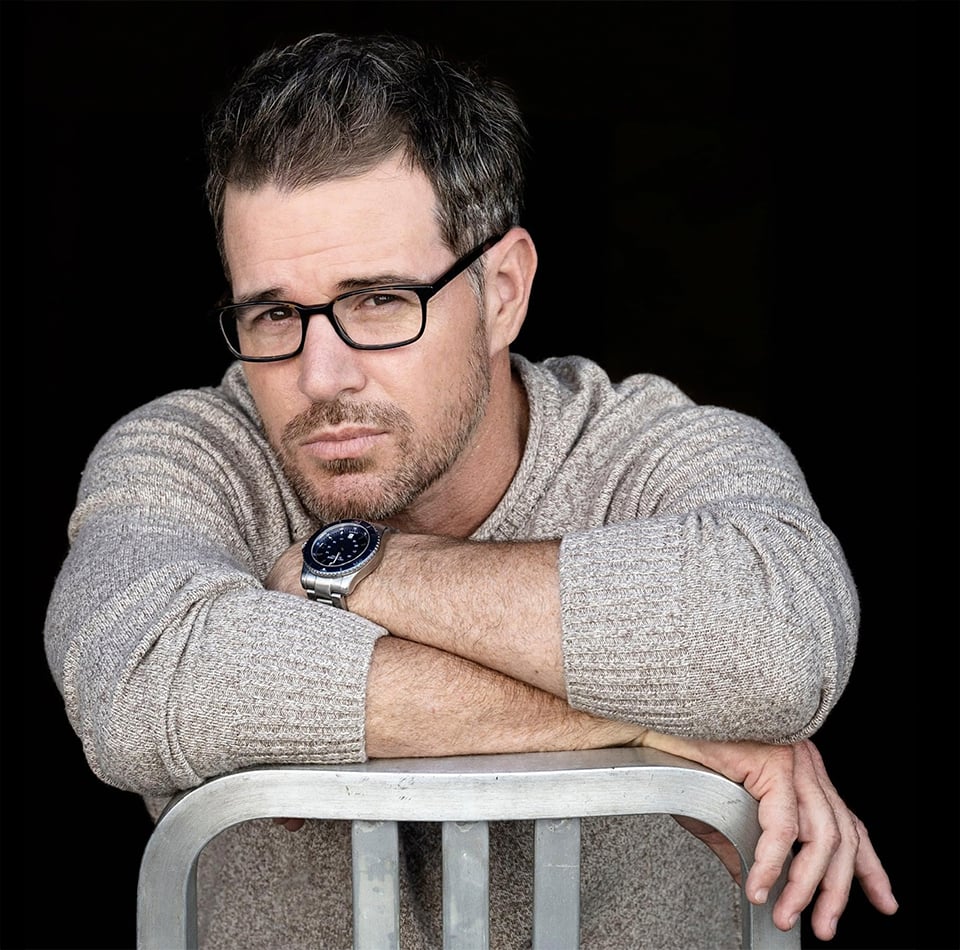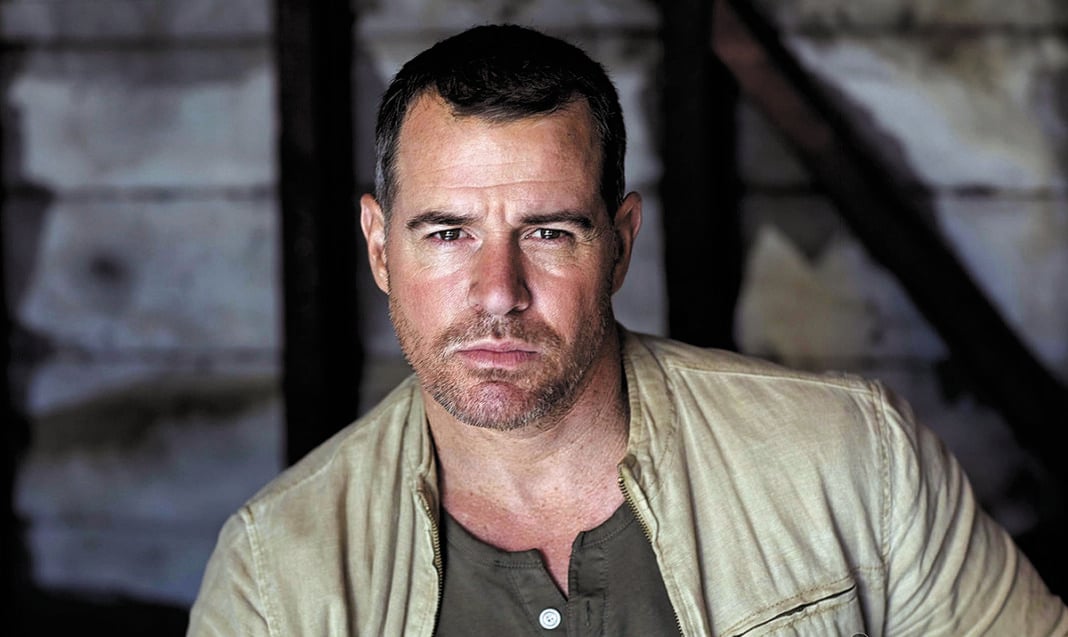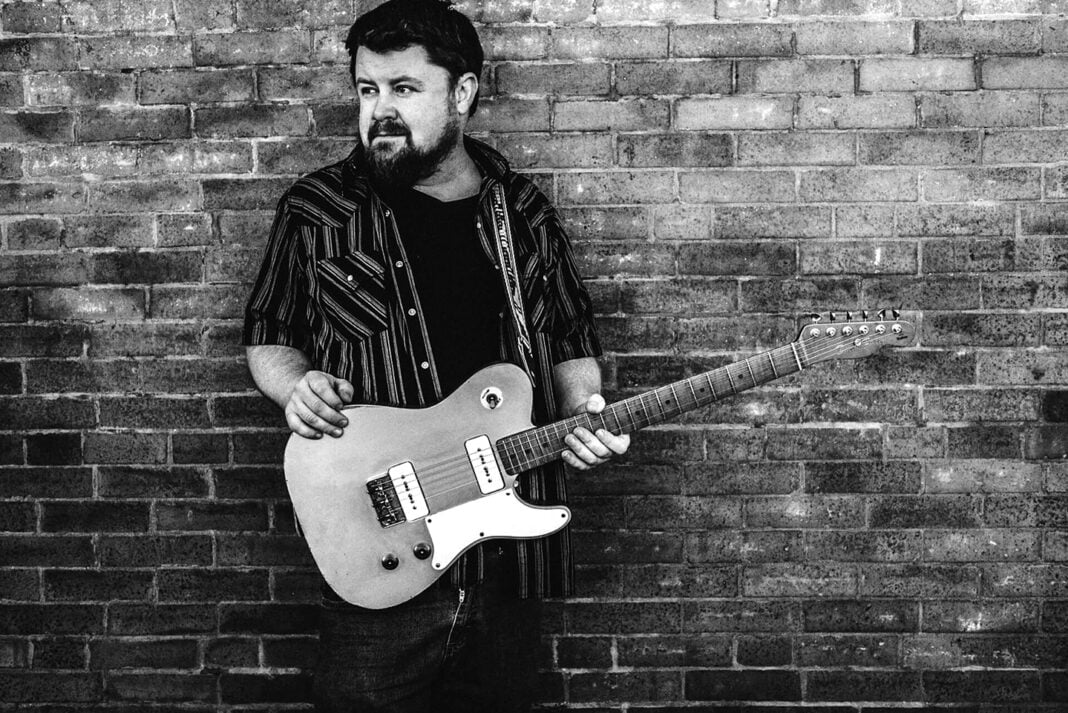Step into the Shimberg Playhouse and don’t bother scanning the stage—just listen. That low hum in your chest? That’s Derrick Phillips arriving. He doesn’t enter scenes. He invades them. One moment, he’s a jester with a razor tongue, cracking laughter like thunder. The next, he’s a tyrant with eyes like ice—chilling, unblinking, and utterly inescapable.
In a city where the arts often fight for oxygen, Phillips doesn’t just breathe—he combusts. And Tampa Bay’s theater scene knows it. He’s not a name on a program. He’s a seismic event.
Phillips didn’t stumble into the spotlight. He earned it—MFA in hand, forged in the crucible of Southern Mississippi’s discipline and grit. But degrees don’t explain the electricity he conjures. That’s not taught. That’s summoned. In 1984, paranoia dripped from his pores. In Brecht’s Arturo Ui, he blurred the line between satire and prophecy, turning a clown into a cautionary scream. Critics didn’t know whether to laugh, cry, or run.
Ask around, and you’ll hear he doesn’t hold back. Rehearsal or curtain call, Phillips arrives at full voltage. Some actors warm up. He ignites. You either rise to meet him or get singed in the process.
His breakout? Anything but quiet. Creative Loafing dubbed him “Best New Face in Local Theater” back in 2016, and he’s been rewriting the rules ever since—American Stage, Stageworks, Tampa Rep, Shakespeare in the Park. Directors speak of his range like it’s a spell: tragic hero, grotesque clown, unhinged villain. Phillips doesn’t play roles. He transmutes.
He’s the kind of actor who makes silence feel like a scream. When Phillips pauses, it’s not empty space—it’s a loaded chamber. You feel it in your spine, in the pit of your stomach, in the way the room holds its breath. He doesn’t just deliver lines; he detonates them. Every syllable is a fuse, every gesture a spark. You don’t watch him. You brace for him.

He’s not interested in polish. He’s interested in pressure. In tension. In the moment before the moment breaks. You’ll see it in his eyes—he’s not waiting for his cue. He’s daring it to come closer. And when it does, he doesn’t step into it. He swallows it whole.
Phillips has a way of making the stage feel smaller and bigger at the same time. Smaller, because he consumes it. Bigger, because he stretches its limits. He’ll find corners in a scene you didn’t know existed. He’ll twist a line until it screams something new. He doesn’t just inhabit characters—he interrogates them. Breaks them open. Finds the marrow.
There’s a kind of danger to watching him work. Not because he’s reckless, but because he’s relentless. He doesn’t coast. He doesn’t cruise. He crashes. And in that wreckage, something honest emerges. Something that doesn’t care if you’re comfortable. Something that demands you feel.
But here’s the deeper truth: this isn’t performance. It’s possession. He doesn’t just read scripts; he dismantles them, bleeds into them, and rebuilds them soaked in sweat and soul.
Audiences don’t leave his shows clapping. They leave haunted. Dazed. Changed. That’s the Phillips effect. He strips away the safety net and reminds us of what theater was always meant to be—raw, risky, and real.
And no, he’s not chasing Hollywood. He’s building something here. In Tampa. In the cracks and corners of a city still defining its artistic voice. He’s proof we don’t need to import brilliance. We’ve got a firestarter of our own.
Catch him in full blaze, and you’ll understand: Derrick Phillips isn’t performing. He’s unraveling. And he dares you to look away. •












